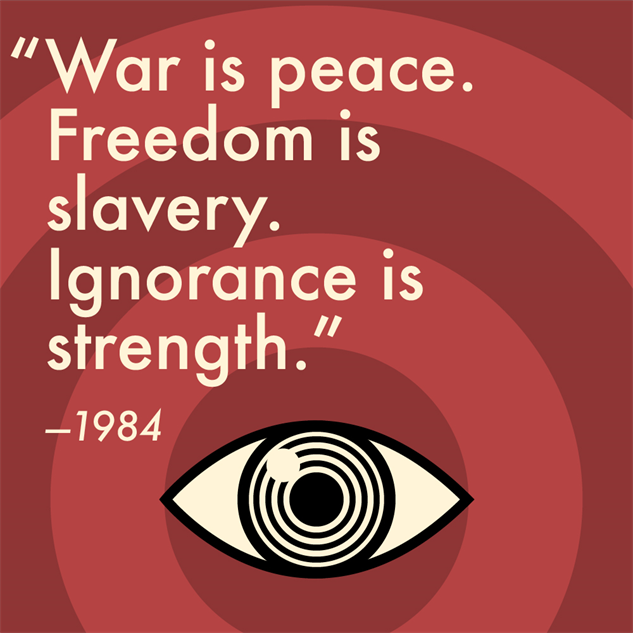Developing a Christian worldview is absolutely essential for the Church of Jesus Christ.
First, we must understand what a Christian worldview is and what it
is not. We can turn to many Christian theologians, authors and intellectuals
for a definition of a Christian world view, but here is my definition.
A Christian worldview is having the mind saturated with and totally informed by the word of God. That mind will look at and interpret the world through the lens of Scripture. The individual who has the "mind of God" will have a constant thought process, and will not be influenced by the changing tide of culture and society.
A Christian worldview is having the mind saturated with and totally informed by the word of God. That mind will look at and interpret the world through the lens of Scripture. The individual who has the "mind of God" will have a constant thought process, and will not be influenced by the changing tide of culture and society.
Now, turning to the more scholarly James Orr, in his book, The
Christian View of God and the World, he maintains that:
“A Christian view of the world cannot be infringed upon, accepted or rejected piecemeal, but stands or falls on its integrity. Such a holistic approach offers a stability of thought, a unity of comprehensive insight that bears not only on the religious sphere but also on the whole of thought. A Christian worldview is not built on two types of truth (religious and philosophical or scientific) but on a universal principle and all-embracing system that shapes religion, natural and social sciences, law, history, health care, the arts, the humanities, and all disciplines of study with application for all of life.”
We see that a Christian worldview is all encompassing. It takes in all of life and passes it through the filter of Scripture. Think about this: The Church of Jesus Christ has been given the very words of the creator of the universe as found in the canon of Scripture, why would we not be informed about all of life with this book?
When we add the adjective in front of worldview we are defining what kind of worldview it is. If we add secular in front of worldview we are defining what kind of worldview it is. Everyone has a worldview whether they know it or not, I've had some not to humble people tell me that they are independent thinkers and that they have no world view...well, they just defined their worldview and didn't even know it.
Let us as people of the book...as followers of Jesus Christ let’s take to heart our Master's very own words when he said, "man shall not live by bread alone, but by every word that comes from the mouth of God"(Matthew 4:4).
“A Christian view of the world cannot be infringed upon, accepted or rejected piecemeal, but stands or falls on its integrity. Such a holistic approach offers a stability of thought, a unity of comprehensive insight that bears not only on the religious sphere but also on the whole of thought. A Christian worldview is not built on two types of truth (religious and philosophical or scientific) but on a universal principle and all-embracing system that shapes religion, natural and social sciences, law, history, health care, the arts, the humanities, and all disciplines of study with application for all of life.”
We see that a Christian worldview is all encompassing. It takes in all of life and passes it through the filter of Scripture. Think about this: The Church of Jesus Christ has been given the very words of the creator of the universe as found in the canon of Scripture, why would we not be informed about all of life with this book?
When we add the adjective in front of worldview we are defining what kind of worldview it is. If we add secular in front of worldview we are defining what kind of worldview it is. Everyone has a worldview whether they know it or not, I've had some not to humble people tell me that they are independent thinkers and that they have no world view...well, they just defined their worldview and didn't even know it.
Let us as people of the book...as followers of Jesus Christ let’s take to heart our Master's very own words when he said, "man shall not live by bread alone, but by every word that comes from the mouth of God"(Matthew 4:4).







